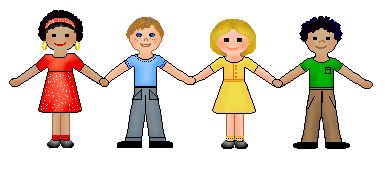I am currently about to complete an 'Action Research Project' that I started a while ago in relation to challenging behaviour in the context of boys who are three years of age and over in a preschool environment. I started this project based on a personal interest in this area and attempted to cover my evaluations and reflections to incorporate the criteria and key indicators to establish my professional relationships and values as required by the Registered Teacher Criteria (RTC) for fully registered early childhood teachers practising in New Zealand.
Once I apply in a few months to renew my practising cerificate I am thinking of starting a new project and was considering looking at a few developmental theorists to establish how I relate to their findings in my daily practice.
To try and establish a clear division to reflect on my findings, I decided to look at a few approaches by well known child developmental theorists and initially choose particular subject areas to investigate, such as behaviour, cognitive, ecological, and social theoretical approaches.
To examine child development theories in relation to behaviour I will examine the approaches of Bandura, Skinner, and Watson. Running records and observations will help me determine appropriate strategies in addressing a particular type of behaviour as well as identifying their learning in the environment.
With regard to children's cognitive development I will identify schemas and stages of Piaget's theoretical approach especially the sensori-motor and preoperational stages that apply to children in the early childhood age group. This approach will also help me to identify learning taking place as infants gather information through their senses and social interaction within a preschool environment with adults and peers as they get older.
Te Whāriki, the New Zealand early childhood curriculum recognises the connecting links between the home or early childhood setting and the wider world around children. These extended settings offer children the concept towards their imaginative play that is such an important aspect in their development and understanding of the world around them. Bronfenbrenner describes children's learning through different levels that influence their well-being and further capacity as competent learners. This ecological theoretical approach of Bronfenbrenner offers a balance between nature and nurture and will help me identify children's learning akin to a set of nested Russian dolls as development unfolds.
To examine social theoretical approaches I will look at Vygotsky's sociocultural theory to both cognitive and social development. I will identify learning through children's hands-on approach during their play, and where new information is enriched and scafolded by adults and teachers where appropriate.
In theory I could examine a number of areas like physical development and language development as well but have decided to identify theoretical approaches by Skinner, Bandura, Bowlby, and Erikson if time permits. These thoughts are still very much on the drawing board for me and feel that revisiting a few theorists and actually identifying learning through a theoretical approach can only benefit my own pedagogical practice.
